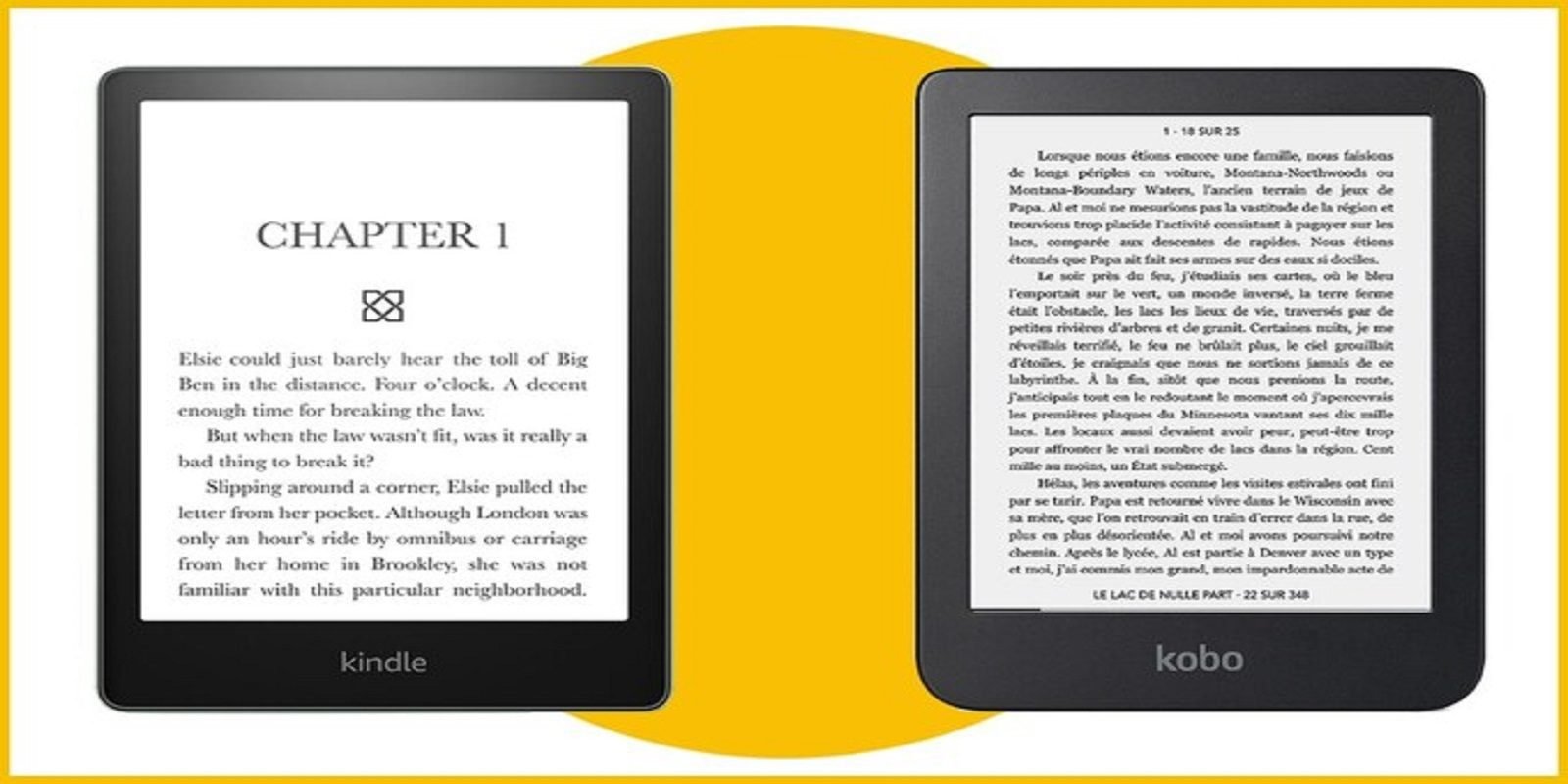In the digital age, the way we consume literature has undergone a significant transformation. The rise of ebooks has revolutionized the reading experience, providing convenience, portability, and an extensive library at our fingertips. Among the myriad of ebook readers available,[…]


